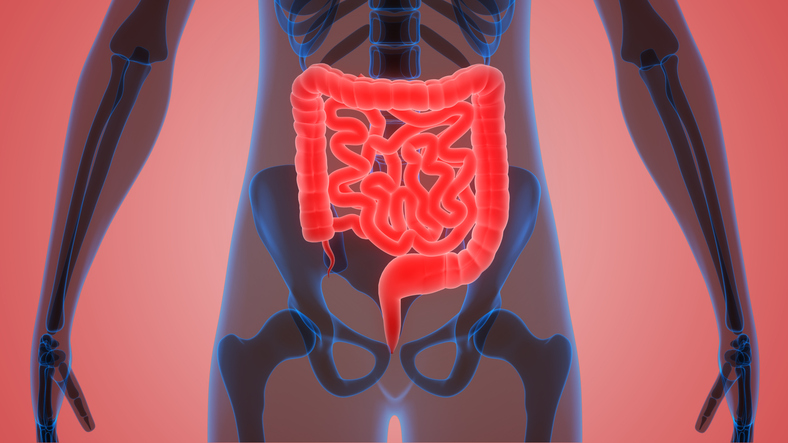

Researchers report it is feasible to recruit and retain acute kidney transplant recipients in trials examining prebiotics on infections and gastrointestinal symptoms, according to data published in the Journal of Renal Nutrition.
Further, they found prebiotics may improve gastrointestinal symptoms among kidney transplant recipients.
“We wanted to undertake an interventional study to address the gastrointestinal burden and high levels of infections in kidney transplant recipients. In a prior study, we found that approximately 80% of our kidney transplant recipients report gastrointestinal symptoms daily.
We also found that the gastrointestinal microbiota is altered as a result of transplantation,” Samuel Chan, MBBS, FRACP, PhD, a consultant nephrologist at the University of Queensland in Australia, told Healio. “Thus, we wanted to see if nutritional therapy (eg, prebiotics) could reduce the gastrointestinal burden and infections in kidney transplant recipients.”
In a double-blind, placebo-controlled, randomized trial, Chan and colleagues randomized 56 acute kidney transplant recipients to receive prebiotics in the form of green banana resistant starch (n=27) or placebo in the form of waxy maize (n=29) for 7 weeks. All patients in the feasibility study received a kidney transplant at the same center and were at least 18 years of age.
For the first 2 weeks after enrollment, patients consumed 7.5 grams of the treatment daily, then increased to 15 grams daily for the final 5 weeks.
During a median follow-up of 1.8 months, 19 patients experienced 22 infectious events. Similarly, 22% of the intervention group were hospitalized and experienced gastrointestinal and skin adverse events, whereas 21% of the control group were hospitalized and experienced cardiovascular, gastrointestinal and skin adverse events.
Patients from both groups experienced similar adherence, tolerability and infection events.
“We found that prebiotics may reduce gastrointestinal symptoms in acute kidney transplant recipients. Our study was small, so it was difficult to make sensible comments about the infections. With more research, we are hoping to let our patients know the results of our study and that infections and gastrointestinal burden may be reduced as a consequence of prebiotic supplementation,” Chan told Healio. “We want to extend our study to undertake a multicenter randomized controlled study of prebiotics [vs.] placebo to look at gastrointestinal burden and infection outcomes.”
more recommended stories
 Neurodegeneration Linked to Fibrin in Brain Injury
Neurodegeneration Linked to Fibrin in Brain InjuryThe health results for the approximately.
 DELiVR: Advancing Brain Cell Mapping with AI and VR
DELiVR: Advancing Brain Cell Mapping with AI and VRDELiVR is a novel AI-based method.
 Retinal Neurodegeneration in Parkinson’s Disease
Retinal Neurodegeneration in Parkinson’s DiseaseBy measuring the thickness of the.
 Epilepsy Seizures: Role of Astrocytes in Neural Hyperactivity
Epilepsy Seizures: Role of Astrocytes in Neural HyperactivityRoughly 1% of people experience epilepsy.
 Role of Engineered Peptides in Cancer Immunotherapy
Role of Engineered Peptides in Cancer ImmunotherapyIn a recent publication in Nature.
 CRISPR-Cas9 Gene Therapy for Prostate Cancer
CRISPR-Cas9 Gene Therapy for Prostate CancerIn their preclinical model, the researchers.
 Epilepsy Surgery: Rare Hemorrhagic Complications Study
Epilepsy Surgery: Rare Hemorrhagic Complications StudyFollowing cranial Epilepsy Surgery, hemorrhagic complications.
 Pediatric Epilepsy – Mental Health Interventions Unveiled
Pediatric Epilepsy – Mental Health Interventions UnveiledMental health challenges frequently manifest in.
 Neoadjuvant Chemotherapy Boosts Ovarian Cancer
Neoadjuvant Chemotherapy Boosts Ovarian CancerDuring the COVID-19 pandemic, US women.
 Brain Connectivity Unveils New Insights into Autism
Brain Connectivity Unveils New Insights into AutismBecause autism spectrum disease symptoms can.

Leave a Comment